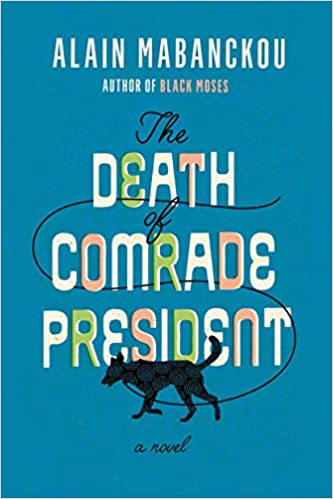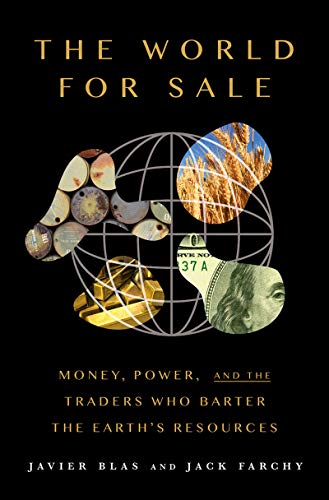Fireside Reading

It’s beach weather in LA this week, but in deference to the rest of the country, we’ll stay with Fireside Reading. Three amazing novels and one fast-paced nonfiction romp through the world of commodities. Enjoy!

The Promise, Damon Galgut
This is a saga of the Swart family over three decades of tumult, tragedy and transition in South Africa. The four chapters cover four funerals of family members, exploring the family drama that each death brings forth. On this level, The Promise is an elegant, moving character portrait of a family in (literal) decline. On this level, the novel resonates deeply, each character so perfectly developed and recognizable. But this is South Africa, and this family’s story takes place amid the backdrop of apartheid and renewal, truth and reconciliation and lingering bitterness. Galgut beautifully renders each aspect of transition, for the Swart family and for the nation. Galgut seamlessly moves from one character perspective to another, reminiscent of Faulkner. This is an extraordinary work.

The Death of Comrade President, Alain Mabanckou
Alain Mabanckou grew up in Congo (he now teaches at UCLA), and his books are often autobiographical, capturing life in the 1970s through the lens of boy. The narrator, Michel, is an observant 13-year-old, watching and listening to the absurdities of life and the adults that run it. The handful of characters is sharply drawn: his parents, schoolmates, and, especially, the woman who runs a small market shop. When a military coup kills the current president, as announced on the radio, Michel’s world is altered forever, although he won’t know it till the end of the book. The Death of Comrade President is as much a wonderful study of characters as a comment on the absurdity of politics and coups. Mabanckou is a distinguished writer, recipient of numerous awards, as he proves in The Death of Comrade President.

The Love Songs of W.E.B. D Bois, Honorée Fanonne Jeffers
This is an extraordinary book, an epic in every sense: an 800-page saga of a family and its land over the centuries. The chapters move among the various generations to inhabit a small piece of land in Georgia, beginning with the native Creeks, displaced by white settlers and, eventually, their slaves. Jeffers creates the most tangible characters, brilliantly capturing their language and cadence, thoughts and feelings, and their attachment to their land. Jeffers weaves in the philosophy of W.E.B. Du Bois, the “Double Consciousness” of African Americans through the ages, in dialogue and debate, shedding light on their unique history and struggles and resilience. Jeffers calls this a Black Feminist novel, and it is. But it is so much more. Jeffers writes like the poet she is, perfectly capturing the place and people of rural Georgia over five centuries. After 800 pages, I did not want to leave Chicasetta, the fictional town, or any of the people I felt like I came to know intimately. I run out of superlatives for this wonderful, beautiful work.

The World For Sale, Javier Blas and Jack Farchy
Fascinating recent history of the middlemen who source and trade commodities, with larger-than-life characters, including Marc Rich, the American fugitive who spawned some of the biggest trading houses today after his ouster from his eponymous firm. In the early days, post-WW2, these middlemen were the only ones willing to take business (and personal) risks in the Soviet Union, communist Europe and in the heart of Africa. The rise of China in 2001 led to a decade of profits by these traders that exceeded even the combined profits of Apple and Coca-Cola. The fine line between business and corruption was crossed frequently, but often these illegal trades served the purposes of the rich world, providing a lifeline to the Kurds or Libyan rebels, for example. Mostly, the story is one of the extraordinary personalities who built and dominated commodity trading for two generations, chronicling, in fast-paced prose, an era now past.

